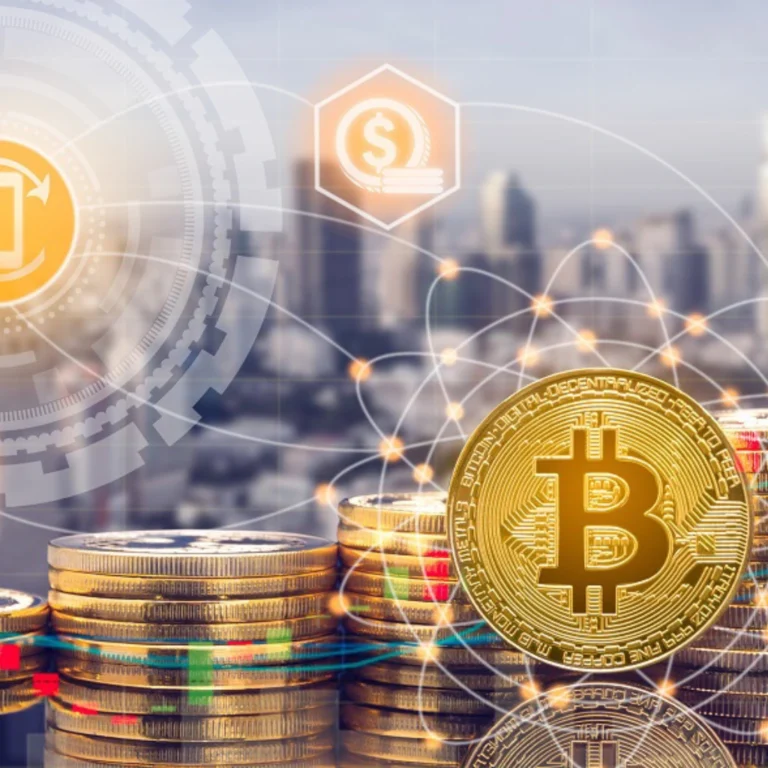So you’re thinking about getting into forex Vietnam trading? Fair question—but here’s the thing: the legal side isn’t as clear as some people make it sound. Maybe you’ve heard mixed stories… some say it’s fine, others say it’s off-limits. Let’s dig into what’s actually going on with legal forex trading in Vietnam.
1. Is Forex Trading in Vietnam Allowed?
Let’s not dance around it—officially, Vietnamese individuals aren’t allowed to directly trade forex on global platforms. The law says only licensed banks and institutions can trade foreign currencies in a legal, regulated way.
Still, plenty of local traders quietly use international brokers. It’s one of those “not exactly legal, but not heavily enforced” situations. A little gray, a little blurry… that’s just how it is right now.
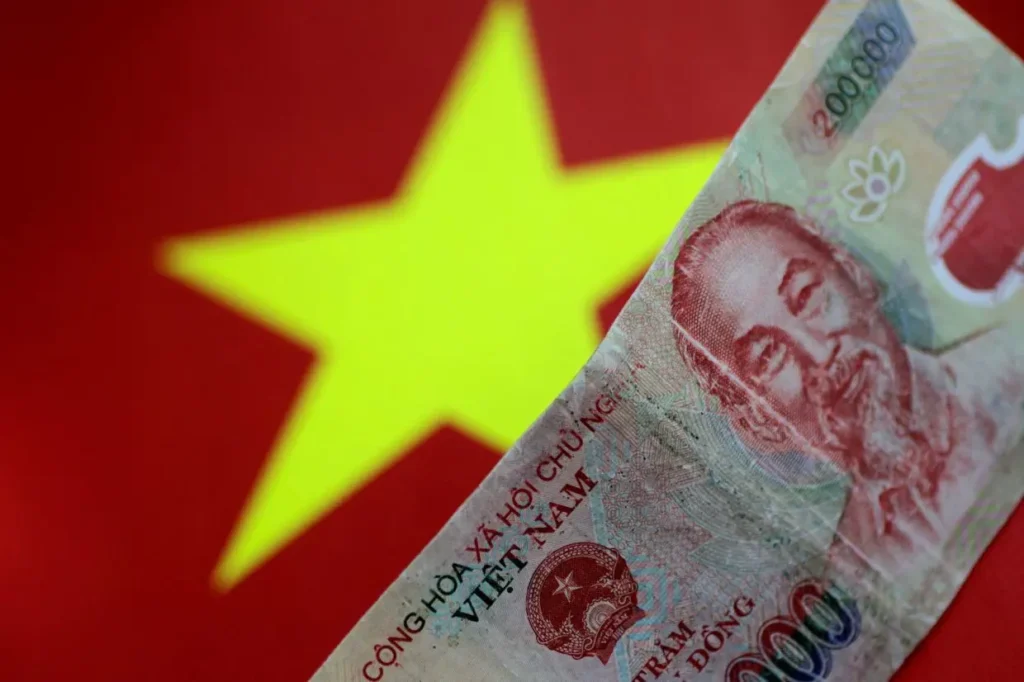
2. Can Vietnamese Traders Use International Forex Brokers?
Yes, and it’s actually quite common. Many international brokers actively accept Vietnamese clients, and there aren’t strong barriers stopping people from signing up.
But here’s the catch: Vietnamese regulators don’t oversee these brokers. If you run into issues? You’re on your own. Some people are comfortable with that, others hesitate. It’s really a personal call.
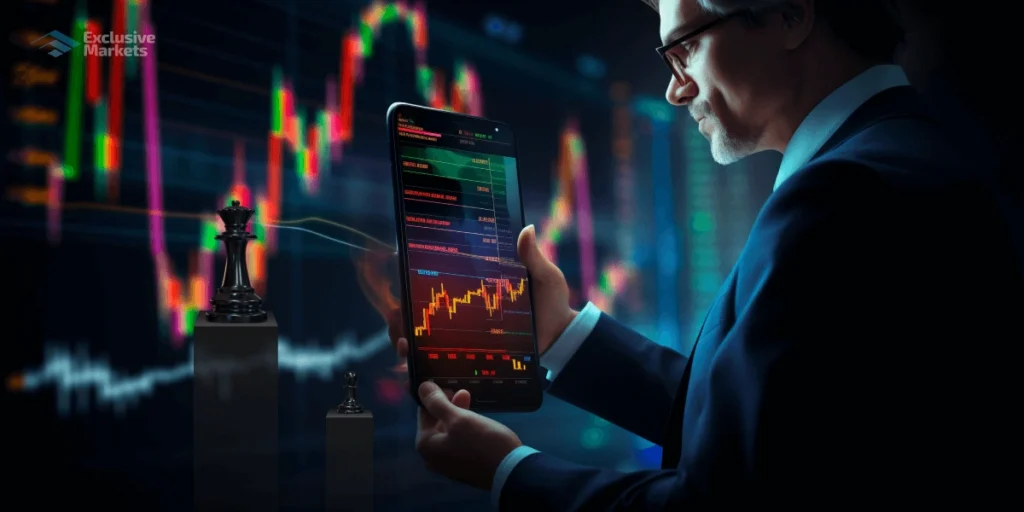
3. What Are the Real Risks for Forex Traders in Vietnam?
Well, besides the usual ups and downs of the forex market, there’s a serious trust issue with unregulated brokers—especially local ones. Some operators have been caught running scams, disappearing overnight with people’s money.
And let’s be honest, even reputable international brokers carry risk when you’re operating outside your country’s legal protection. Some folks are okay with that gamble, some aren’t. It’s one of those things you’ve got to think through carefully.
4. Can I Trade Forex Through Vietnamese Banks?
Sure, but the process is not what most forex traders are after. Licensed Vietnamese banks handle currency exchange for practical reasons—like travel or international payments—not for speculative forex trading.
So if you want to buy foreign currency for a trip or pay for school fees abroad, no problem. But don’t expect leverage, fast trades, or profit-driven forex action from local banks. They simply don’t offer that.
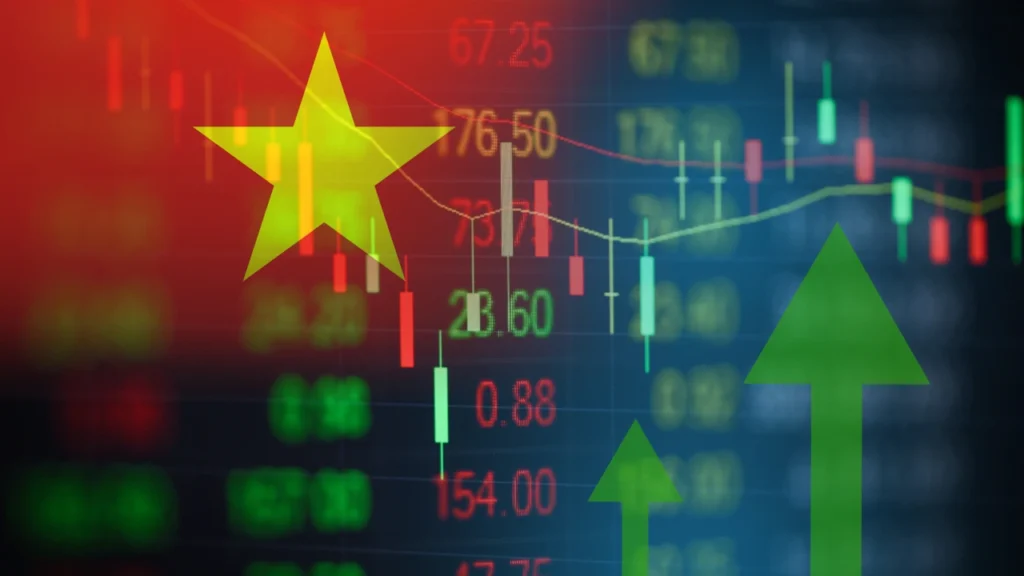
5. What Happens If You Break the Rules?
Honestly? So far, Vietnam’s authorities seem more focused on shutting down illegal brokers rather than punishing individual traders. But that doesn’t mean you’re untouchable.
Rules could tighten tomorrow. Some say trading quietly on international platforms is low risk—others say it’s just not worth the uncertainty. It’s a bit like driving slightly over the speed limit… maybe you won’t get caught, but maybe you will.
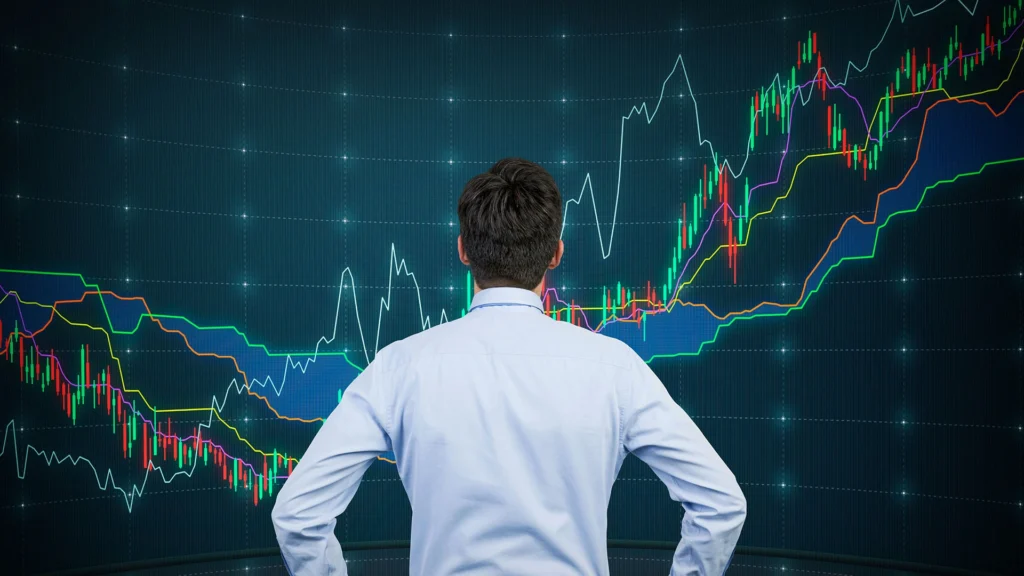
6. How Should New Traders Get Started?
First thing? Don’t rush. Start with a demo account—seriously, this is the smartest move for beginners. You can practice trading without risking your money, and you’ll see if forex is even your thing.
Second, don’t fall for big promises. Avoid brokers that flash unrealistic profits or aggressive marketing. Stick with international brokers that are actually licensed somewhere reputable.
Let’s be real, it’s not a get-rich-quick game. Some beginners lose fast because they chase wild profits instead of learning slowly.
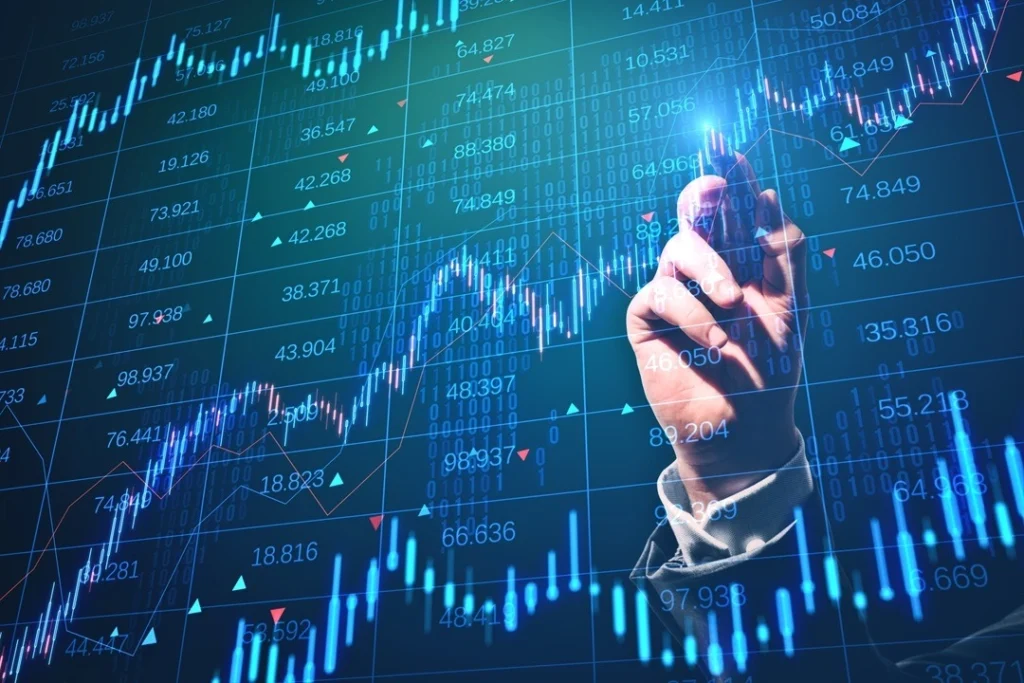
7. Is Forex Trading in Vietnam a Smart Move?
It depends. Legal forex trading in Vietnam is limited to banks, and trading through international brokers sits in that famous gray zone. Some people say the profit potential makes it worth stepping into that uncertainty. Others say it’s just too risky.
The key? Understand what you’re really getting into. Know the risks, know the legal limits, and stay updated. Forex Vietnam isn’t simple—it’s not fully black or white. But if you’re careful, maybe it can still work for you.


